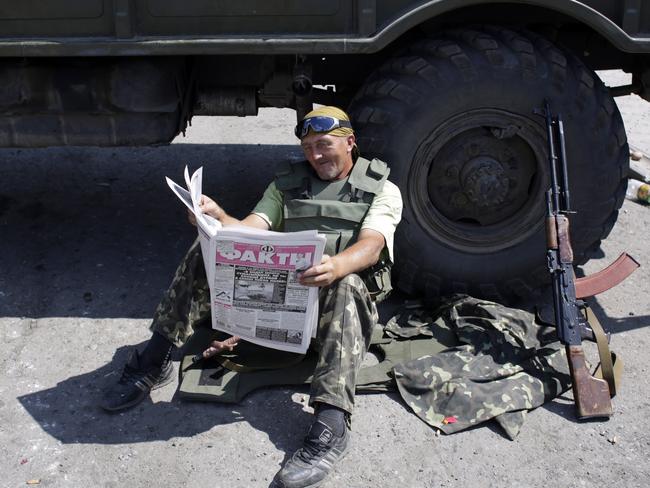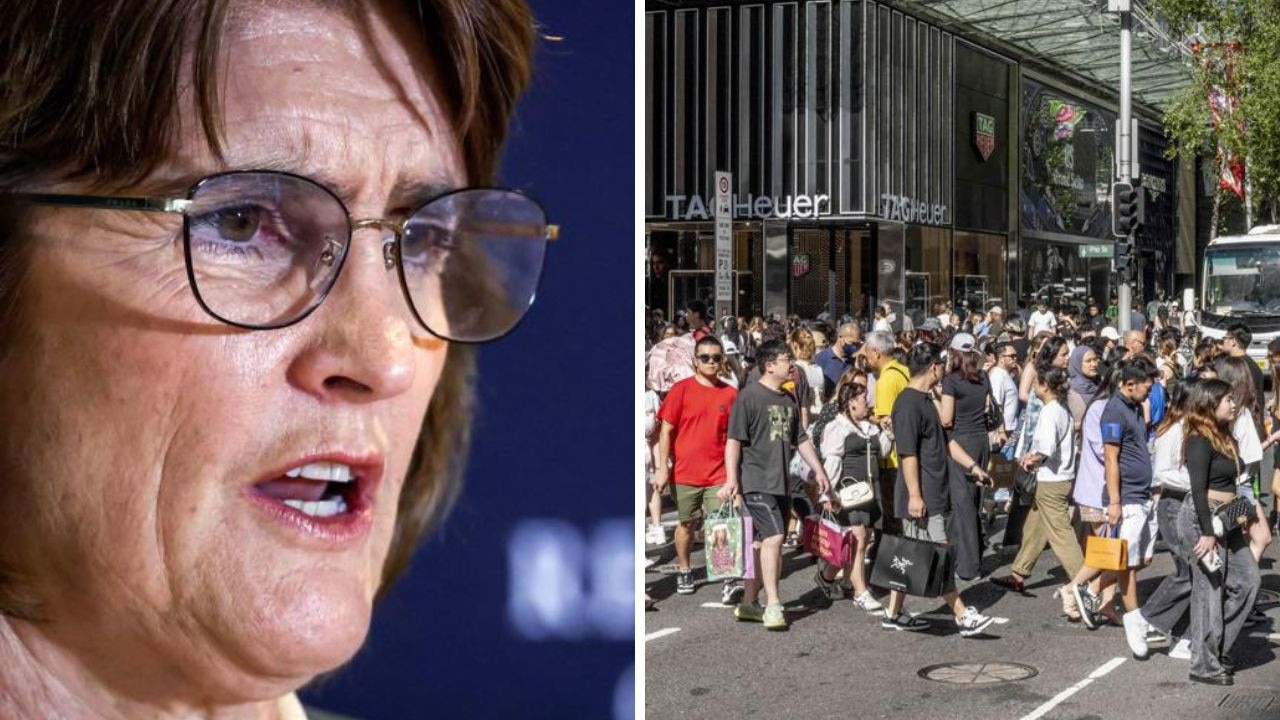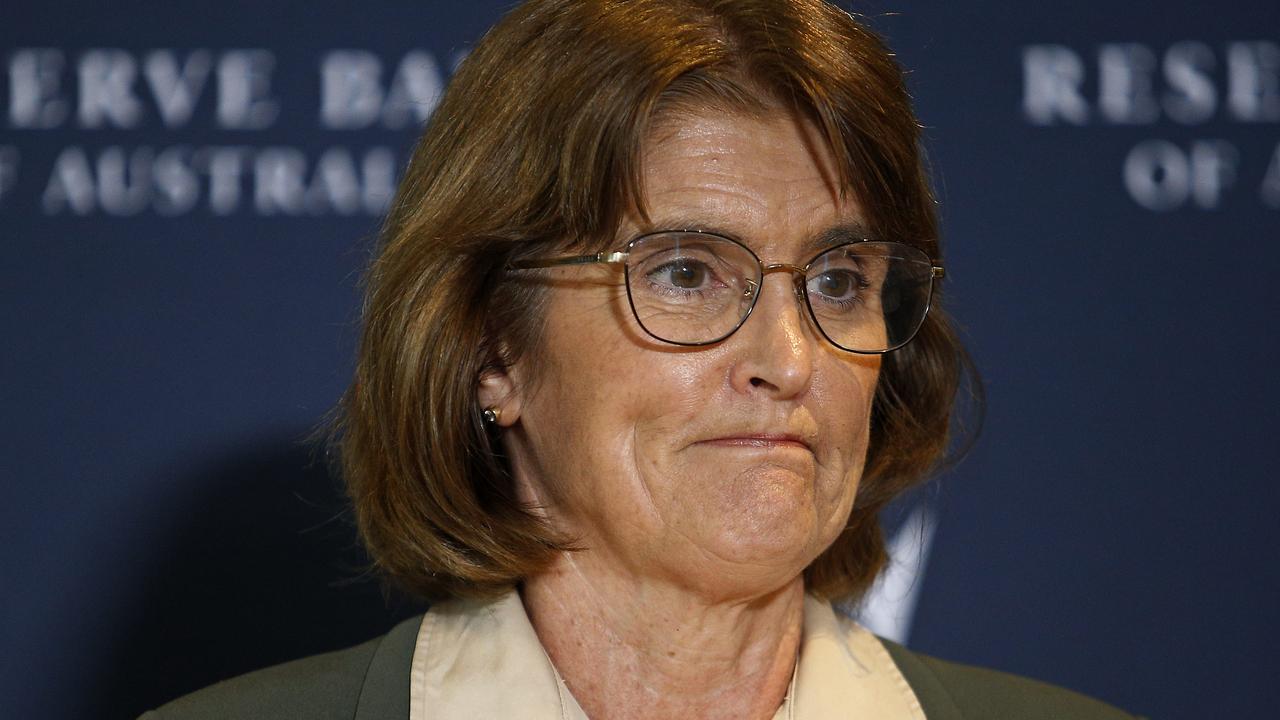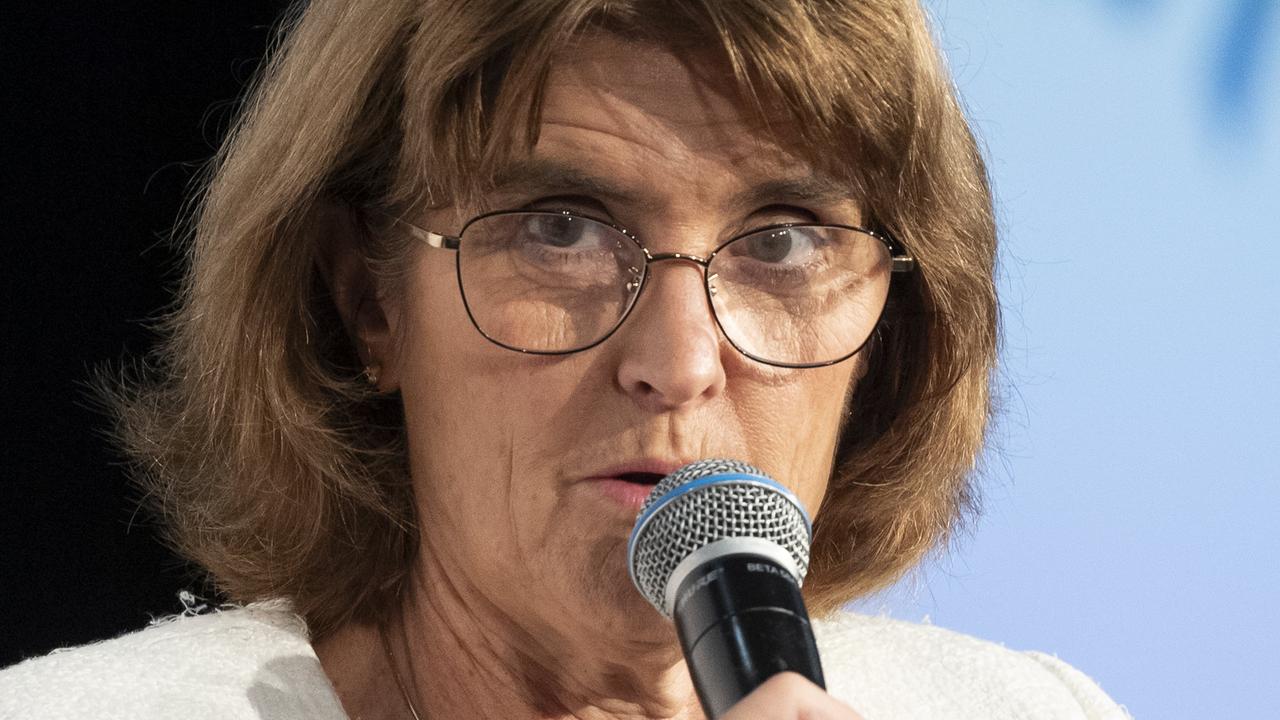Russia sanctions: Australian government slams export decision
“Russia has been a bully.” Tony Abbott has announced a plan to get our own back against Putin and Russian trade sanctions.
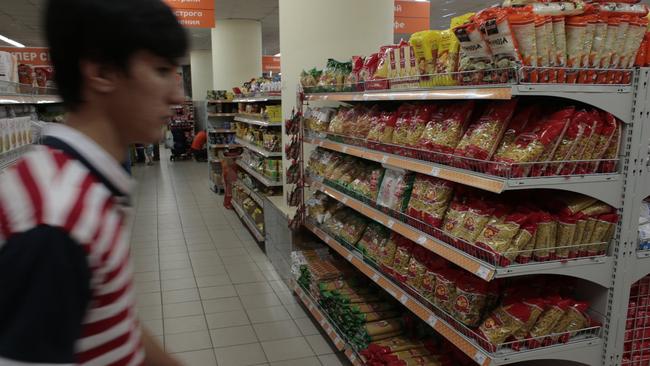
TONY Abbott has joined the tough talk against Vladimir Putin, after the Russian President slapped Australia with trade bans on Aussie-grown meat and produce.
The Australian Prime Minister has hit back, announcing a plan to impose stronger sanctions against Russia, labelling the country a bully over its actions towards Ukraine.
“Russia has been a bully. Russia is a big country trying to bully a small country,” Mr Abbott said in a fiery press conference.
The PM said that, if Russian forces crossed the border into Ukraine, it “won’t be a humanitarian mission, it will be an invasion”.
“I hope President Putin will step back from the brink,” Mr Abbott said.
“If he wants to be regarded as a world leader instead of an international outcast, hold your forces back.”
He also implored Russia to respect the independence of its neighbour, placing blame for the MH17 disaster squarely on the shoulders of Russian-backed separatists in eastern Ukraine.
“We have all seen the tragic consequences of what happens when separatists are given access to sophisticated weapons,” Mr Abbott said.
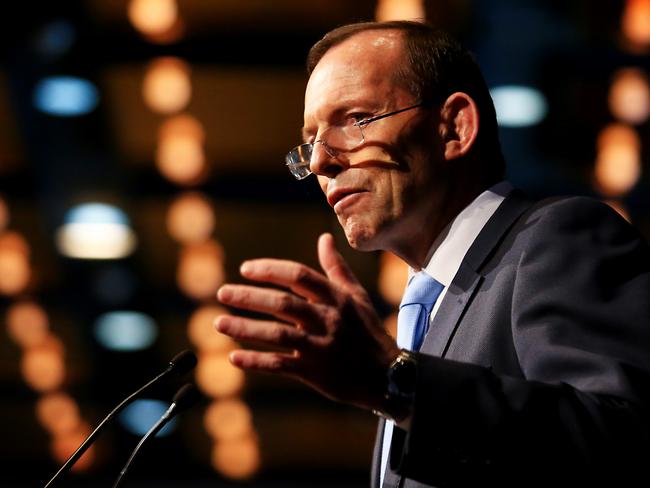
Meanwhile, Federal MP Bob Katter has stood up for local farmers, who face yet another setback as Russia introduces trade bans on Aussie-grown meat and produce.
Mr Katter, the member for Kennedy in north Queensland, told news.com.au the move to further reduce our markets in the cattle industry was “disastrous”.
Overnight, Russian President Vladimir Putin agreed to introduce an embargo on agricultural products from Australia, the European Union, the United States, Canada and others.
Those countries have imposed their own sanctions against Moscow over its policy in Ukraine.
Russia is banning beef, pork, fruit and vegetable produce, poultry, fish, cheese, milk and dairy products from a number of countries including Australia in retaliation for trade bans imposed over its support for separatists in the Ukraine.
“We’re the ones that take the blame. The beef industry is almost gone,” Mr Katter said.
“This economy is going on the down elevator at a hundred mile an hour.
“The cavalier attitude and the brutal lack of humanity towards Australia’s farming sector will go down in the history books as one of the ugliest characteristics of the nation.”
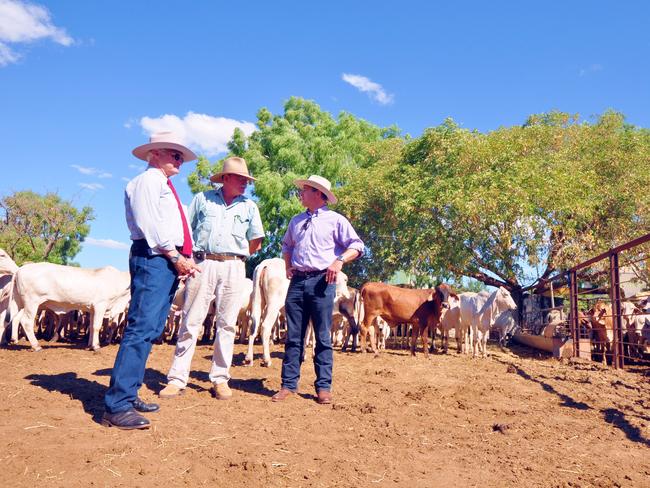
Mr Katter said the farming community was in such a bad state, a farmer was committing suicide “every four days”.
“Their attitude is one of complete and utter cynicism. They’ve lost all interest in politics, we’ve failed to be able to get leverage.”
His remarks join a chorus of outrage from Australian politicians over Putin’s move.
Earlier, Labor Leader Bill Shorten launched a scathing attack on Mr Putin, telling press the news made him feel “sick in the guts” and described the sanctions as “repulsive”.
“We all know this terrible tragedy was not of Australia’s making,” he said.
“Who does this president of Russia think he is to put sanctions on our country?
“We’ll sell our world class food somewhere else. If the Russian’s don't want it, so be it.”
Russia is banning beef, pork, fruit and vegetable produce, poultry, fish, cheese, milk and dairy products from a number of countries including Australia in retaliation for trade bans imposed over its support for separatists in the Ukraine.
“For the Russians to be talking about sanctions against us, makes me sick in the guts,” he said.
“They should not have the moral authority to do that after everything that’s happened but I’ll work with the government.
Meanwhile, the federal government says it will work around the year-long ban on agricultural goods, but admits it will inflict some pain on farmers.
“I know this is something that’s going to cause hardship in the country for rural producers,” Mr Joyce told ABC radio on Friday. “But we will try and work around it.”
The National Farmers Federation said it would now rely on the government’s trade agreements with Asian nations, and pending deal with China, to minimise the impact on farmers.
Meanwhile, Communications Minister Malcolm Turnbull slammed the sanctions during an interview on Today this morning, describing Russia as the “net loser” after the game of tit-for-tat.
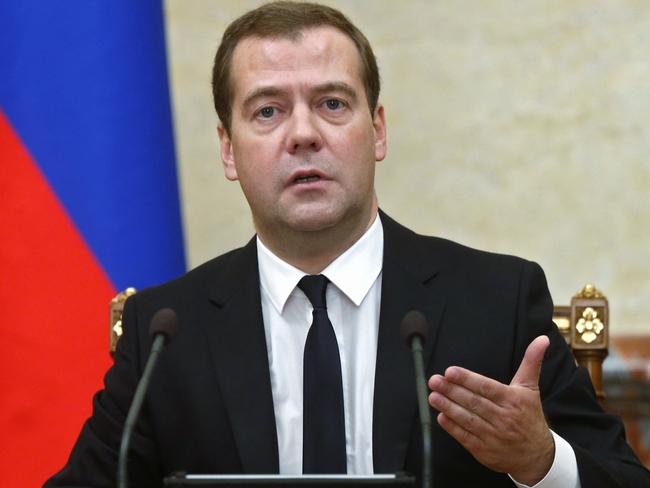
Overnight, Russian PM Dmitry Medvedev said the ban would start immediately and last one year unless “our partners demonstrate a constructive approach” with regards to sanctions.
“It’s extraordinary behaviour,” Mr Turnbull said.
“The net loser out of all of this will be Russia. Putin is reacting against the firm response from the rest of the world and his country is the one who will lose out of this.”
"The world is standing up to Russia. Tony Abbott has led that" @TurnbullMalcolm #Today9
— The Today Show (@TheTodayShow) August 7, 2014Mr Turnbull’s comments come as the head of NATO, Anders Fogh Rasmussen, called on Russia to “step back from the brink” of war.
“I call on Russia to step back from the brink, step back from the border and not use peacekeeping as an excuse for war-making,” he said during a visit to Ukraine.
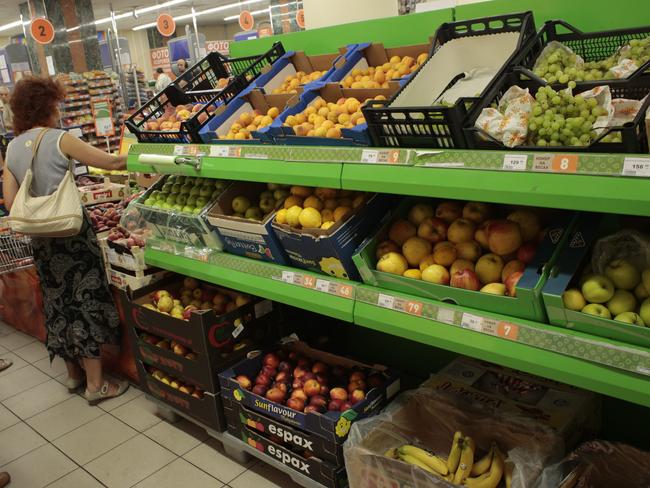
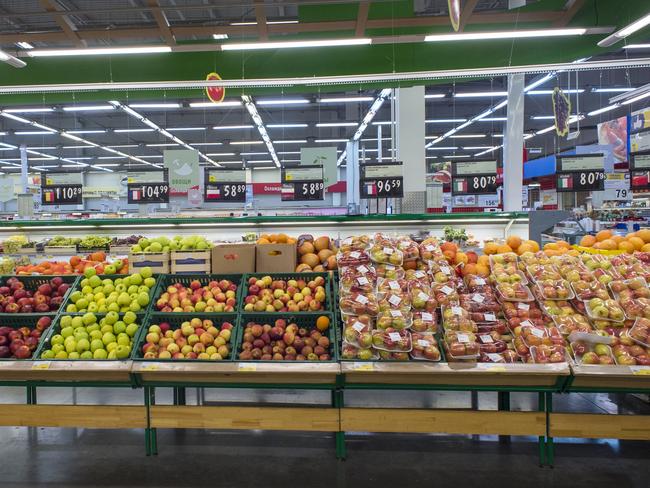
But Minister for Agriculture Barnaby Joyce believes he may have found an alternative option. Yesterday, he was spruiking a new Indonesia-Australia Partnership on Food Security in the red meat and cattle sector.
Indonesia is Australia’s third largest agricultural export market and, according to Joyce, increased 13 per cent year-on-year since the Liberal party came into power.
“This government is committed to realising the full potential of our relationship with Indonesia. And we’re determined to get it right,” said Minister Joyce.
Today, it was suggested that he was looking to Indonesia to fill the gap left by Putin.
Agriculture Minister Barnaby Joyce says he's already spoken to Indonesia about buying more Aust beef, following Russia's sanctions decision
— Simon Cullen (@Simon_Cullen) August 7, 2014Shadow Foreign Affairs Minister Tanya Plibersek joined Mr Turnbull on the Today couch this morning to criticise the sanctions, but said it doesn’t mean president Putin should be banned from the G20 leaders meeting in Brisbane in November.
“Sometimes the best way to do that is to have someone in the room to say it to their face,” she said.
"I think we (Australia) haven't even said we would sign up to this second round of sanctions Malcolm" @tanya_plibersek #Today9
— The Today Show (@TheTodayShow) August 7, 2014Ms Plibersek said it was important for the world community to tell Russia its support of rebels in eastern Ukraine was unacceptable, even though Australia hadn’t imposed a second round of sanctions against Russia.
“It’s a punishing of our primary production sector and farmers at a time when it seems the Russians have backed separatists and armed them, and those armed separatists have shot down a plane with Australians on it,” she said.
Plibersek: 'These sanctions come at an extraordinary time' #auspol https://t.co/MjJsLvAbBW
— Matt Young (@MattYoung) August 7, 2014Earlier, Foreign Minister Julie Bishop said it was disappointing Russia has retaliated rather than adhere to international concern and stop the flow of weapons to Russian-backed separatists in Ukraine.
It’s believed Russia supplied the weapon that was used to down flight MH17 over eastern Ukraine, killing 298 people, including 38 Australians.
“The Australian government will do everything in its power to minimise the impact on Australian agricultural producers,” she told AAP in a statement.
Australia had acted in line with others in the international community in imposing sanctions on Russia, she said.
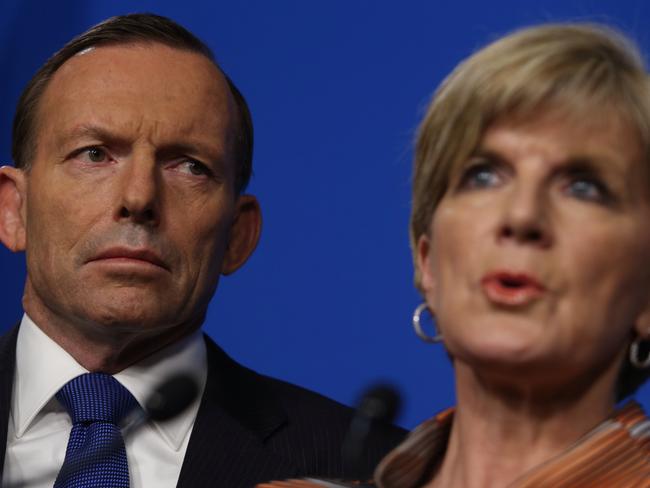
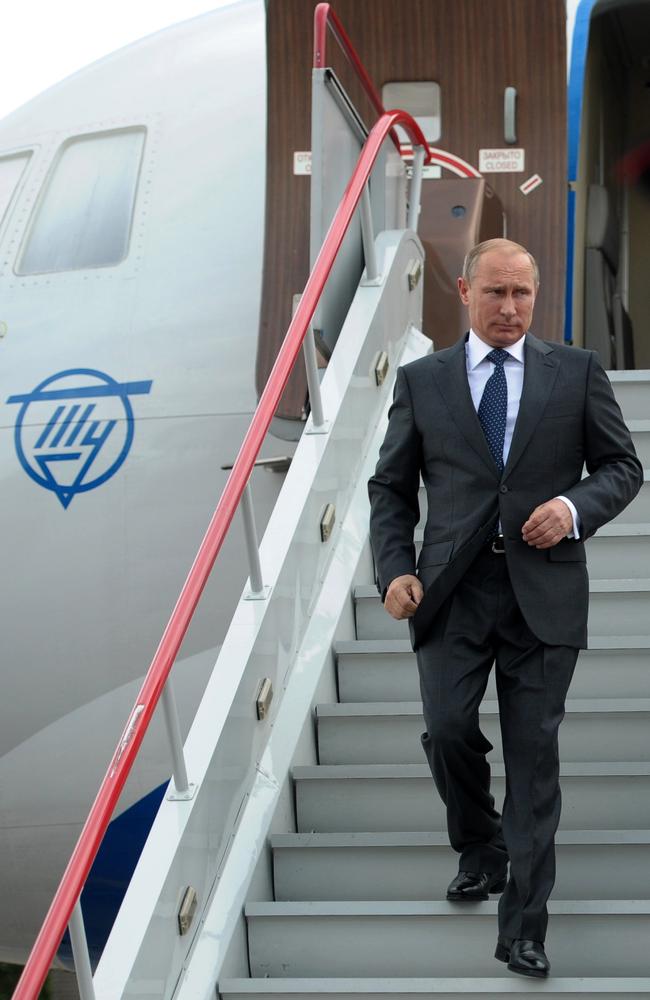
Trade Minister Andrew Robb’s office echoed Ms Bishop’s disappointment over the sanctions but told AAP the minister had to consider Russia’s statements and the implications of those before making further comment.
Australia exported $405 million worth of produce to Russia last year, including meat, wool, horticulture and alcohol.
Most of that is meat and live animals — making up about $310 million — and dairy, at around $78 million.
Australia exported 27.446t of beef to Russia in 2013
— Ricardo Goncalves (@BUSINESSricardo) August 7, 2014In April, Russia banned Australian chilled and frozen beef citing concerns about growth steroids.
Agriculture Minister Barnaby Joyce said Russia was free to do whatever it feels is appropriate for its people in terms of trade. Mr Joyce said his responsibility was to ensure Australian produce was exported as diversely as possible.
“My job is to make sure our produce moves to as many venues as possible,” he told AAP from a meeting in Brisbane to sign a declaration with Indonesia over food security in the red meat and cattle sector.
An unnamed government source told AAP sanctions of this nature, while disadvantaging exporters, would mainly hurt Russia’s own people.
The sanctions follow the withdrawal of a Dutch-led recovery team from the MH17 crash site, amid escalating fighting between Russian-backed rebels and the Ukraine.
It’s not clear if Australian experts involved in the investigation will be able to re-enter the site.
